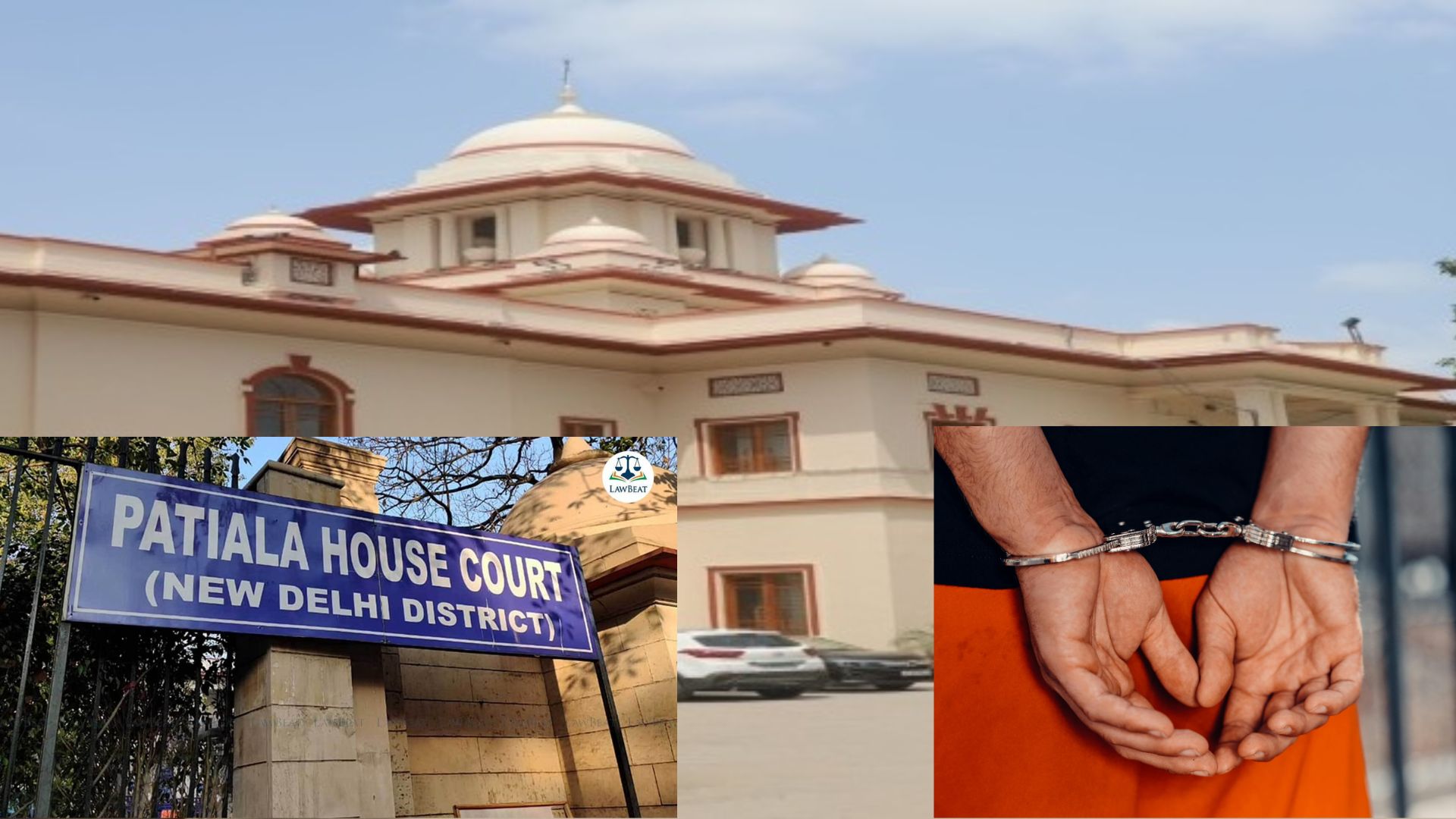One IO Chooses To Cite Applicant As Witness While Another Opted To Arrest Based On Same Evidence: Delhi Court Criticizes ED

“Subjective interpretation of IO must be deprecated as to would make a supposed objective investigation dependent upon his uncontrolled whims and fancies, who has been conferred extreme power of arrest that leads to curtailing liberty of an individual”, the court outlined.
The Delhi Court, on Saturday, criticized the directorate of enforcement over an unfortunate situation that arose where one investigating officer (IO) chose to cite Mangelal Sunil Agarwal as a witness, while another IO decided to arrest him based on the exact same evidence on record.
The court noted that under these circumstances, it was evident that one of the IOs acted improperly, either due to extraneous considerations not related to the law or due to incompetence in understanding the case's facts accurately. Both scenarios are problematic as they could either lead to an accused being unjustly exonerated or result in the unlawful restriction of an individual's liberty, thus infringing upon their fundamental rights.
Additional Sessions Judge Dheeraj Mor remarked, “In the instant case, there is very unpleasant situation wherein one IO choose to cite the applicant as a witness and the next IO opted to arrest him based upon exactly same evidence available on record”.
An FIR was lodged against Sanjay Godhwani, former Managing Director of Ligare Aviation Ltd., and 15 others, including Phoenix International FZC, based on a complaint by Vinod Rajgopalan of Malav Holding Pvt. Ltd. They were accused of defrauding Ligare Aviation Ltd. of Rs. 18.88 Crores through fake invoices. During the investigation, a Dubai-based applicant named Mangelal Sunil Agarwal, proprietor of Metal and Steel Solutions FZE was arrested for generating a fraudulent invoice for USD 1.3 million, alleged as proceeds of crime. Mangelal Sunil Agarwal admitted to issuing the invoice but denied knowledge of the fraud.
Advocates Vaibhav Suri and Saud Khan, representing Mangelal Sunil Agarwal, argued that Mangelal was innocent and wrongfully implicated, having unknowingly participated in transactions linked to the proceeds of crime (POC). Mangelal, who had a long-standing acquaintance with Iqlaque Khan, a Dubai-based broker, was approached in 2014 for a bill discounting facility. Mangelal issued an invoice and received USD 1.3 million, unaware that it was POC, and later transferred amounts as instructed by Khan, charging a small commission. Advocates Vaibhav Suri and Saud Khan emphasized that Mangelal had no knowledge of the money's illicit origin and did not know the main accused.
Special Public Prosecutor Simon Benjamin, representing the ED, acknowledged that no new evidence had surfaced against Mangelal at the time of his arrest beyond what was initially gathered. However, he argued that ongoing investigations could lead to different conclusions and that the current Investigating Officer (IO) had the right to form an independent opinion. SPP highlighted emails indicating Mangelal’s knowledge of transactions involving proceeds of crime (POC) and alleged that Mangelal knowingly acquired and assisted in using POC for co-accused individuals.
In the case at hand, the court reaffirmed that any handling or involvement with the proceeds of crime (POC) — including possession, concealment, acquisition, or representation as untainted property — constitutes money laundering under Section 3 of the Prevention of Money Laundering Act (PMLA). The court emphasized that even the mere possession of POC with the requisite intent falls within the ambit of money laundering.
POC, as defined by the court, refers to any property derived or obtained, directly or indirectly, from criminal activities associated with a scheduled offense. This definition includes not only the property itself but also its value if held outside the country. The court noted that POC must be strictly interpreted according to the law and that its quantity cannot be exaggerated based on unfounded assumptions.
The court emphasized that authorities under the PMLA are not permitted to act against an individual for money laundering based solely on the assumption that recovered property is POC unless a scheduled offense is officially registered or is being investigated through a competent forum.
The court highlighted the limited jurisdiction of investigating agencies in PMLA cases. Their investigation must focus on POC derived from or related to a scheduled offense. Even if large amounts of undisclosed money or transactions unrelated to POC are found, the agency's jurisdiction does not cover these issues unless they are related to an unreported or unregistered scheduled offense. Action can only be taken after filing a complaint under Section 66(2) of the PMLA with the jurisdictional police.
The court noted that the prosecution attempted to associate Mangelal with the POC based on email exchanges with another individual, Sahil Mehta. However, both Mangelal and Mehta denied any knowledge of each other, and the prosecution’s assumptions lacked credibility.
Regarding a separate transaction found in Mangelal’s email records — an invoice for USD 300,000 to EAG for unrendered consultancy services — this transaction was deemed unrelated to the current case. The Enforcement Directorate (ED) had issued a Look Out Circular (LOC) against EAG’s Director, which was later closed, confirming EAG’s non-involvement in the current case. Without foundational proof that the amount involved was POC, this transaction could not be considered relevant to the case.
The court noted that while PMLA modifies the bail principle to include mandatory conditions, the fundamental right to life and personal liberty must be considered. In Mangelal’s case, since he was arrested for an offense under Section 3 PMLA, punishable under Section 4 PMLA, he needed to meet the twin conditions in Section 45 PMLA to be considered for bail.
The court found no admissible evidence to prove that Mangelal had the requisite mens rea concerning the alleged POC. Thus, he successfully met the requirements for bail under the twin conditions stipulated in Section 45 PMLA, leading to his bail being granted.
Case Title: Directorate of Enforcement v M/s Phoenix International FZC & Ors
